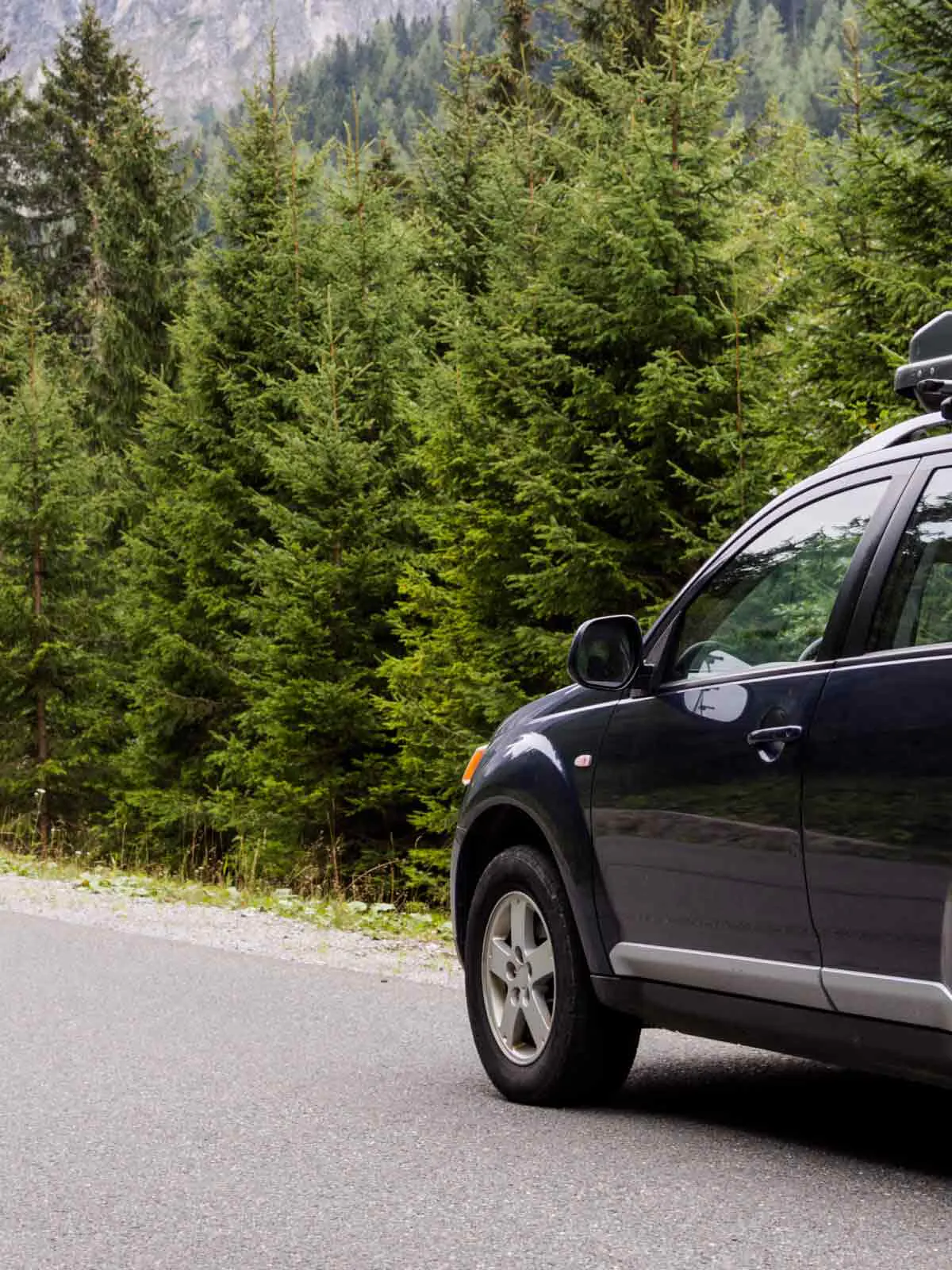About leasing a car
So, you’re thinking about leasing a car. There are pros and cons here. Leasing may be a good option for you and bearing these in mind is crucial in your decision-making.
When you lease a car, you are paying for the right to drive a vehicle for a fixed period of time, which is generally around three to four years. The vehicle is normally financed through the car dealer, to whom you will usually pay an initial lump sum, followed by set monthly payments. Once your lease is up, you will need to return the car back to the dealer in excellent condition to avoid extra fees.
With this information alone, we can begin to see the pros and cons of leasing a car start appearing. If you opt to lease, you are likely to pay a lower upfront fee than you would for a standard car loan. What’s more, your monthly payments are likely to be lower, meaning you will be able to afford a nicer set of wheels! And while you’re driving the car, which will likely be a late-model, you may be covered by the manufacturer’s warranty for the majority of the lease – meaning that if anything goes wrong, you won’t have to foot the bill.
But, there is a downside. While leasing might make it easier to finance your ride, things like annual mileage restrictions – usually ranging between 10,000 and 15,000 miles – mean you are not really in control of how far you can drive. You will be paying a premium of around $0.15 to $0.20 per mile if you go over your yearly limit. Plus, there is the excellent condition clause as well. It’s easier said than done to keep your car in brilliant condition over a period of years. If there’s so much as a chip in the windshield, you should be prepared to pay a fee for it.
The biggest downside of leasing though, is that at the end of it all, you won’t own the car. Unless you’ve chosen a lease buyout, which is likely to require additional financing, then you’ll remain in a cycle of paying monthly fees for cars you’ll never own, forever.

See if you can save money on your car payments
Looking to save money on your car loan? Check to see if you can put cash back in your wallet. On average, Caribou customers save $159/month.*
When to lease a car
Of course, a car can be a genuine necessity, and leasing may be your only route. If you are looking for a car without a big financial commitment, and are happy to drive a limited number of miles each year, then leasing might be for you.
Plus, driving a newer car comes with its own range of benefits. If you don’t have the time, or simply don’t want to deal with ongoing repairs that car ownership requires, leasing may put your mind at rest. Not only will you potentially have coverage from a manufacturer’s warranty, but with newer cars comes less likelihood of problems. Your lease might even include some standard car check-ups, including free oil changes and other scheduled maintenance. So you can focus on hitting the road rather than the repair costs hitting your bank account.
The benefits of simplicity last right up until when your lease ends. You’ll simply be able to hand over the keys and walk away, avoiding the lengthy paperwork that comes with the transferring of car ownership.
About buying a car
When you’re buying a car, the big takeaway is that it’s yours to keep once you have paid off any auto loans. Instead of making monthly payments for a period and then giving the vehicle back, you are the owner – which has its own positives and negatives.
New cars come with a big price tag, so you can expect both the upfront cost and monthly payments (if you have taken out an auto loan) to far exceed that of leasing, and you may need to lower your expectations of the sort of car you will be driving. Do not expect any help with the maintenance, either. If you are out of warranty – which you may well be if you have not bought a brand-new car – then you will be footing the bill!
But with ownership of your car comes a host of benefits, too. While you will have to pay for repairs, you do not need to be too concerned with wear and tear on your vehicle, as you are not giving it back to a leasing company. There won’t be any restrictions on the miles you rack up, as there would be on a lease, and you will be able to sell or trade it in. With car prices currently on the upswing, you may even end up with ownership equity, meaning that your car may be worth more than you owe the finance company. If you so wish, this may enable you to look at options like cash-out auto refinancing (future link to cash-out refi article).
When to buy a car
Buying a car rather than leasing one puts you in charge. You are in control of the vehicle and your finances, and don’t need to worry about mileage restrictions and other potential charges from the leasing company. If you are willing to scale back your ambitions for the model of your car, and are in a financial position where you can afford higher upfront and monthly payments, buying could be your best bet.
If you intend to keep the car for a long time, this should swing you in the direction of buying too. Eventually, you will have paid off your auto loan and will ultimately own the car without needing to make ongoing lease payments.
When to refinance your car
Owning your own vehicle can have additional benefits as well. If you have a financed vehicle, you are paying your monthly car payment. While you have to make your car payments over the life of the loan, there are ways you can check to see if you can save money on your car payment. Auto refinancing allows you to negotiate a new loan where you can potentially lower your interest rate and consequently, the amount you pay each month. Learn more about understanding auto refinancing to see if it is right for you.
Refinance my car loan
Thinking about refinancing? Start your auto refinance process through Caribou.
Choosing to lease or buy a car
Everyone’s financial situation is different, and whether you buy or lease a car depends heavily on your own circumstances; what you can afford as an upfront and monthly fee, how much you plan to use the car, and your willingness to pay for the maintenance, among other things.
Ultimately, leasing vs buying a car comes down to short vs long term. If you only need a car for a short while, and are willing to make ongoing payments over a three to four year period without owning the car outright at the end, then leasing could be a great option for you. You’ll be tied down to mileage limit, and will have to give the car back at the end of the lease no matter how much you love it, but you are unlikely to need to deal with ongoing maintenance since new cars are so often under warranty.
As a long-term option though, buying a car could be a winning choice. Refinancing your car could also be an extra-winning decision. You’ll need to budget accordingly, and can expect to make higher monthly payments, but after a period you’ll have bought the car outright, and when the time comes, you can trade it or sell it. With no limitations on mileage, and no charges on wear and tear – it’s yours to keep or cash-in on!
Car ownership FAQs
- When should you buy a car? You should look at buying a vehicle when you plan to keep it for a long time and/or drive more than 10,000 miles a year. Eventually, you will have paid off your auto loan and will ultimately own the car without needing to make ongoing car loan payments or pay lease fees.
- When should you lease a car? Leasing a car can be a good option when you want to drive newer vehicles, not worry about repairs, and drive less than 10,000 miles a year. Remember you will be returning it at the end of the lease and responsible for any damage to the car.
Keep reading
Learn about the important insurance and refinance terms


